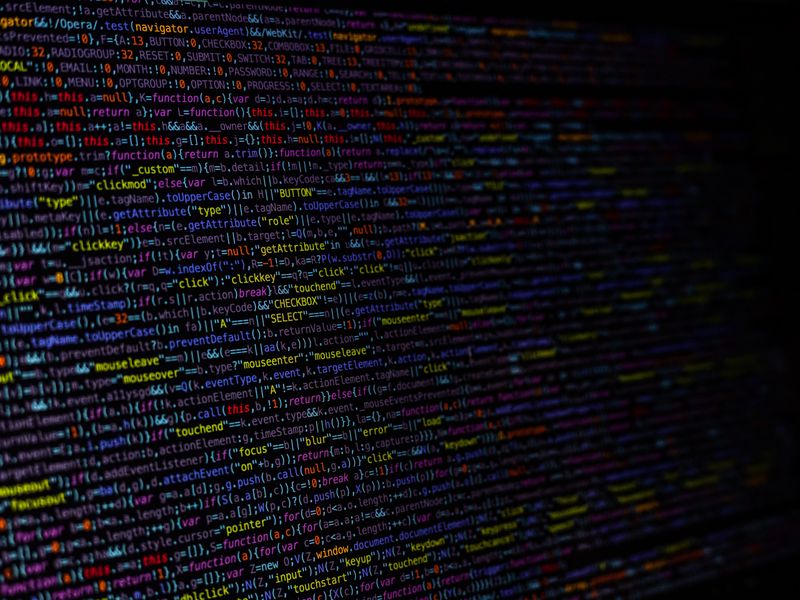
Functional Programming (FP) is a programming paradigm that focuses on the use of functions to solve computational tasks by avoiding changing state or data. The primary goal of FP is to create programs that are easy to read, understand, and maintain. Two popular languages that adhere to this paradigm are Haskell and Scala.

Haskell, named after American logician Haskell Curry, is a purely functional programming language that is widely regarded for its high expressiveness power, concise syntax, and elegant type system. It is primarily used for academic purposes, specially due to its strong emphasis on purely functional concepts such as lazy evaluation, immutability, and higher-order functions. Haskell’s type system is Turing-complete, meaning that programs in Haskell can execute computations that other programming languages can execute. It has a robust and active community that continuously updates and improves libraries and tools.
Scala, on the other hand, is a hybrid functional programming language that integrates object-oriented and functional programming concepts. It was designed to improve upon some of the limitations of the Java programming language while still being compatible with the Java Virtual Machine (JVM). It supports both functional and object-oriented programming paradigms, allowing developers to write complex and scalable programs. Scala is popular among businesses and enterprises and is used to create high-performing and scalable systems.

Functional Programming, as an approach, enables developers to create code that is more reliable, maintainable, and reusable than traditional procedural programming. It forces developers to think about the functionality of different functions and methods as separate entities and into composing them instead of trying to modify their behavior. This approach of programming, in turn, promotes the idea of “purity,” a feature of the functional programming approach that makes code testing easier since functions remain independent of the system’s state or environment.
Haskell and Scala are solid, reliable options for anyone looking to explore or even adopt a functional programming approach. By emphasizing immutability, higher-order functions, lazy evaluation, and purity, these languages enable a new way of thinking about programming that can lead to more efficient and easier to maintain code. Both languages have active supportive communities, making them easy to get started with and develop expertise over time.


